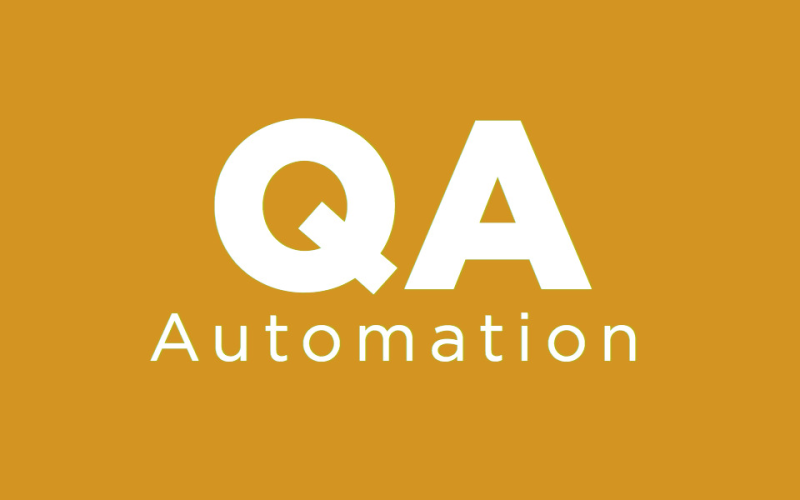Navigating Precision: The Role of Automation QA in Digital Assurance

Automation QA Specialists ensure digital precision, testing with accuracy globally. Salaries vary by skill and location.
In the realm of software development, Automation Quality Assurance (QA) professionals emerge as architects of precision, ensuring digital products meet and exceed expectations. This article illuminates the intricacies of Automation QA, guiding enthusiasts on the journey to becoming specialists in this dynamic field. It delineates key roles and responsibilities while offering insights into salary dynamics in India and the US.
What is Automation QA?
Automation QA, or Automation Quality Assurance, involves utilizing automated testing tools and frameworks to enhance the efficiency and accuracy of the software testing process. It aims to validate that software applications meet specified requirements, function flawlessly, and withstand diverse user scenarios.
How to Become an Automation QA Specialist?
Educational Foundations:
A bachelor's degree in computer science, information technology, or a related field provides a strong foundation. Certifications in automation testing tools like Selenium or Appium are valuable additions.
Skill Development:
- Programming Proficiency: Mastery of programming languages such as Java, Python, or C#.
- Test Automation Tools: Proficiency in automation tools like Selenium, Appium, or JUnit.
- Scripting Skills: Ability to develop and maintain test scripts for automated testing.
- Understanding of SDLC: Knowledge of Software Development Life Cycle and testing methodologies.
- Problem-Solving Aptitude: Analytical thinking for effective test case design and scenario coverage.
Professional Experience:
Gaining hands-on experience through internships, entry-level positions, or relevant projects is crucial for honing automation testing skills.
Roles & Responsibilities of an Automation QA Specialist:
1. Test Planning:
Collaborating with stakeholders to design comprehensive test plans and strategies.
2. Test Scripting:
Developing, maintaining, and executing automated test scripts to validate software functionality.
3. Regression Testing:
Automating regression testing to ensure new features do not negatively impact existing functionality.
4. Continuous Integration:
Integrating automated tests into the continuous integration and deployment pipelines.
Automation QA Specialist Salary: India vs. US
India:
In India, Automation QA Specialist salaries vary based on experience, expertise, and location. On average, professionals can expect an annual salary ranging from ₹4,00,000 to ₹12,00,000.
US:
In the United States, Automation QA Specialist salaries depend on factors like geographical location, industry, and experience level. Generally, annual salaries range from $70,000 to $110,000.
Conclusion:
Automation QA Specialists are the gatekeepers of software precision, ensuring seamless digital experiences. Aspiring specialists should focus on building a strong educational background, acquiring programming skills, and gaining practical experience in test automation. The ever-evolving landscape of software development positions Automation QA as a pivotal and rewarding career choice in both India and the US, where the pursuit of digital excellence is a perpetual journey.



Write A Comment
No Comments